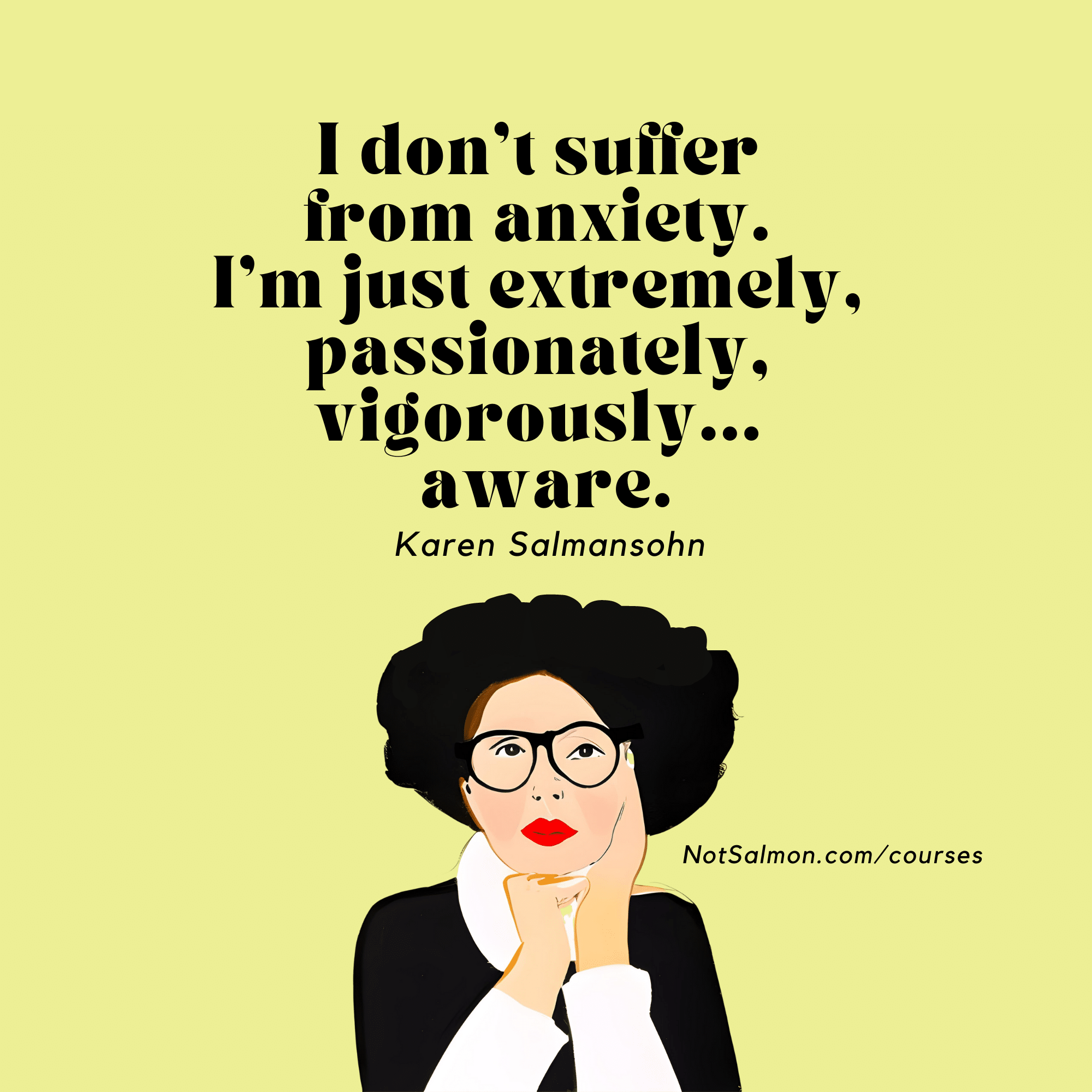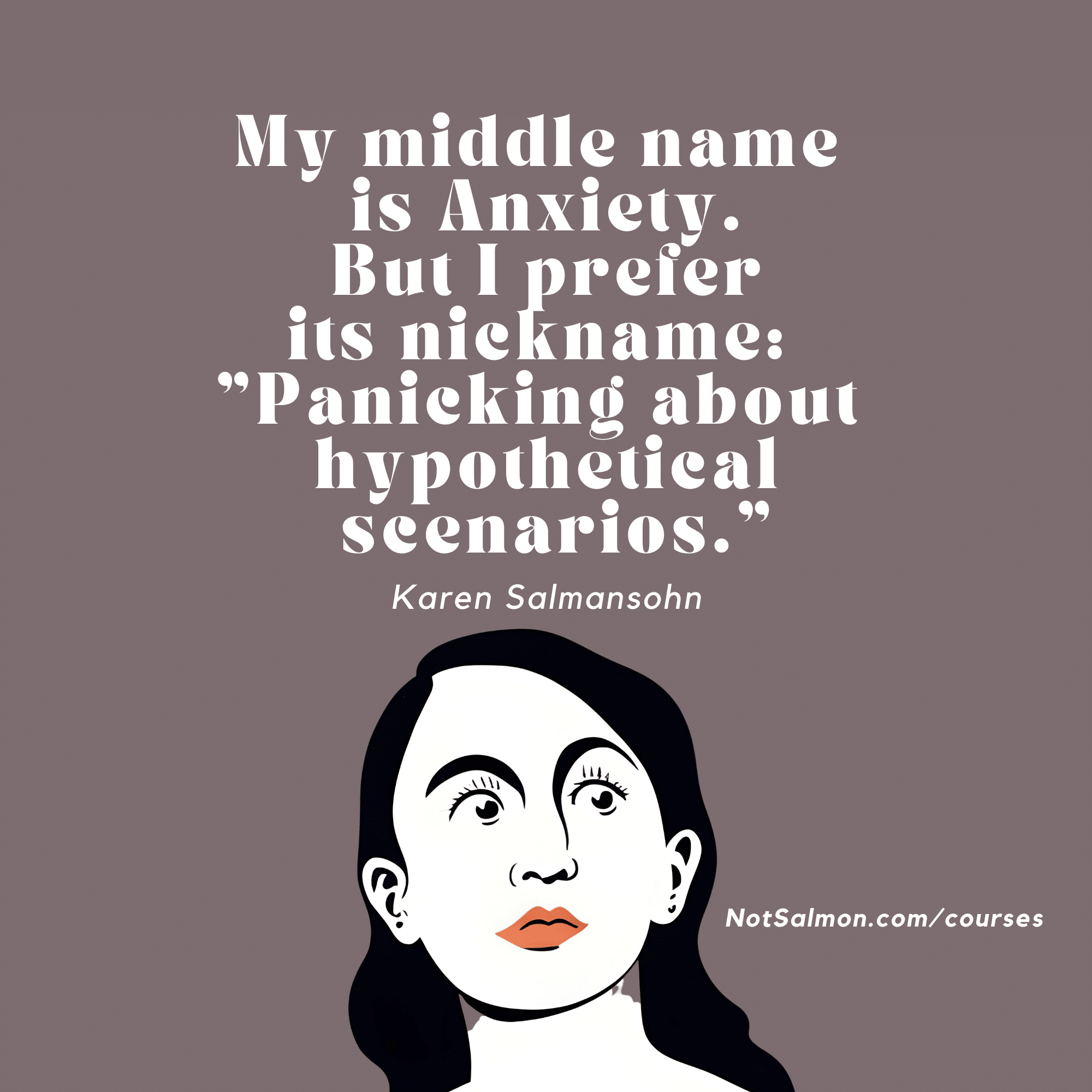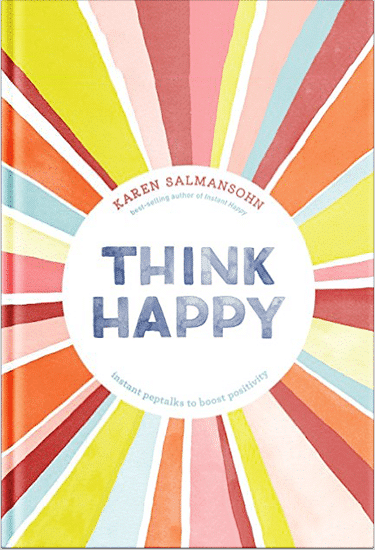 It’s time to learn ways to stop overthinking and reduce anxiety with research-backed techniques. Break free from the cycle of overwhelming thoughts and master inner peace.
It’s time to learn ways to stop overthinking and reduce anxiety with research-backed techniques. Break free from the cycle of overwhelming thoughts and master inner peace.
You know the feeling: those relentless thoughts that just won’t quit, cycling through your brain, keeping you up at night, pulling you down rabbit holes that lead to even deeper rabbit holes.
You know in your heart you need to learn ways to stop overthinking – for your mental well-being.
But it’s challenging to do.
After all, modern life heaps pressures on us: the daily grind, the race to portray perfection on social media, and the ever-looming expectation to excel in every possible area.
Society’s benchmarks constantly shift. Keeping up? It’s overwhelming, and it’s a fertile ground for anxiety to flourish.
No worries. I’m here to help.
I’m sharing this guide on ways to stop anxiety because I’m a bestselling author on anxiety and leading Behavioral Change Coach – with about 2 million books sold globally.
Plus I founded the therapist recommended self-paced online course called The Anxiety Cure.
I love to help people to live calmer, happier lives. So I put together this article all about ways to stop anxiety and overthinking – for good.
Welcome to The Overthinking Club
Unfortunately, the emotional weight of life can sometimes feel like too much.
This can lead to something psychologists call…
Emotional Dysregulation
Sounds fancy, huh? In simpler terms, emotional dysregulation is when our emotions behave more like a volatile rollercoaster than a serene river.
Instead of flowing smoothly, emotions crash and collide. It becomes challenging to respond in a balanced and appropriate way.
Anxiety, stress, fear – it seems they’ve thrown a never-ending party in your brain, and the cheerier emotions weren’t even on the guest list.
Given all this chaos, it’s no wonder that many of us resort to…
Maladaptive Coping Mechanisms
 What are maladaptive coping mechanisms?
What are maladaptive coping mechanisms?
Those are the quick fixes you choose to help reduce your anxiety – like mindless scrolling on social media, binge eating, or reaching for one drink too many.
Yes, they offer instant relief.
But in reality, they are just Band-Aids slapped on festering wounds.
Please know that turning to maladaptive coping mechanisms does not label you as weak or broken.
Far from it.
Behind the curtain of your overthinking and anxiety frenzy, there’s some heavy-duty neuroscience at play.
5 Neuroscientific Reasons You’re Stuck in Overthinking and Anxiety
Understanding the reasons for stress can be the first way forward in stopping overthinking and halting anxiety in its path.
Below are the neuroscientific explanations as to why you’re drawn into overthinking things.
- Brain’s Negativity Bias: Evolution has hardwired our brains to focus on threats. This was useful when we had to watch out for saber-toothed tigers, but not so much when deciphering that ambiguous text message. Your brain’s natural tendency is to dwell on negative stuff.
- Reward Circuitry: Ever wonder why you keep ruminating? Well, weirdly enough, the brain sometimes treats overthinking as a “problem-solving” activity, rewarding it with a dose of neurotransmitters. So, it feels productive, even when it’s not.
- Cortisol Overload: Chronic stress can jack up your cortisol levels. High cortisol can make you more anxious and prone to overthinking. It’s a vicious cycle.
- Faulty Filters: The modern world bombards us with information. Our brain sometimes fails to filter out the irrelevant stuff, making us mull over things that don’t deserve our energy.
- Comparative Mindset: Thanks to social media, we’re constantly comparing our behind-the-scenes with everyone else’s highlights. This makes the brain feel inadequate, leading to more overthinking
5 Research-Backed Ways to Stop Overthinking and Anxiety
 Empower yourself with these strategies to stop overthinking and manage anxiety.
Empower yourself with these strategies to stop overthinking and manage anxiety.
1. Mindfulness Meditation:
- The Nitty-Gritty: It’s not hippie-dippie nonsense. When you’re engulfed in overthinking, your mind is essentially time-traveling between past regrets and future anxieties. Mindfulness meditation yanks you back to the present moment.
- The Science: A study from Harvard found that after just eight weeks of mindfulness training, participants had measurable changes in brain areas associated with memory, empathy, stress, and, yep, overthinking.
- Real-World Example: Imagine you’re in traffic, and you’re late. Instead of spiraling into the black hole of overthinking like, “I’m going to be fired,” practice mindfulness by focusing on your breath or the sensations in your body.
2. Reframe the Narrative:
- The Nitty-Gritty: We all have stories we tell ourselves. “I’m not good enough,” or “I always mess up.” CBT helps you challenge those tales.
- The Science: Cognitive Behavioral Therapy, or CBT for short, is a champ at breaking the cycle of dysfunctional thoughts. Research shows it’s one of the most effective treatments for anxiety disorders.
- Real-World Example: Let’s say you gave a presentation and messed up a slide. Instead of thinking, “I’m the world’s worst employee,” you could reframe it to, “Everyone makes mistakes. I’ll nail it next time.” You can find a collection of overthinking quotee here – to download and use as mobile wallpaper to keep your narrative positive.
3. Limit Information Intake:
- The Nitty-Gritty: The world’s a noisy place, especially in the digital age. But sometimes, silence is golden.
- The Science: Information overload is real. Studies have shown that excessive information can lead to decision fatigue and increased anxiety.
- Real-World Example: Instead of starting your day with 50 unopened emails and ending it doom scrolling on Twitter, allocate specific “information windows” during your day. Maybe check emails at 10 am and 4 pm, and allow yourself 20 minutes of social media after dinner.
 4. The Power of ‘Maybe’:
4. The Power of ‘Maybe’:
- The Nitty-Gritty: Saying the word “Maybe” and thinking up another perspective is liberating. It lets you float in a space of possibilities, rather than being shackled to negative certainties.
- The Science: Jumping to conclusions is a common cognitive distortion. By introducing the idea that “maybe something else is happening here” you counteract this tendency, reducing anxiety in the process.
- Real-World Example: If a friend doesn’t text back immediately, instead of assuming they’re mad at you, consider other possibilities. Maybe their phone died. Maybe they’re just busy.
5. Schedule Worry Time:
- The Nitty-Gritty: This isn’t a typo. I want you to literally schedule a slot in your day for all your worries.
- The Science: Research has shown that when people postpone their worry to a designated later time, they experience fewer worrisome thoughts outside of this period.
- Real-World Example: Let’s say you’re anxious about an upcoming job interview. Instead of ruminating all day, set a “worry slot” from 6 pm to 6:30 pm. Anytime a worry pops up before then, jot it down and postpone addressing it until your designated worry time.
In essence, your brain’s a tool. A fascinatingly complex one, but still, a tool. And while it has its patterns that can lead to overthinking, with the right techniques, you can stop anxiety and the relentless spiral of thoughts.
Conclusion: Ways to Stop Overthinking and Anxiety
 So here’s the raw deal: Your brain, for all its genius and marvel, can sometimes be a bit of a drama queen.
So here’s the raw deal: Your brain, for all its genius and marvel, can sometimes be a bit of a drama queen.
It’ll take you on wild rides through memory lanes you didn’t want to revisit and project imaginary futures you hope never come true.
But it’s not all doom and gloom.
You have the power to reduce anxiety. Yeah, you heard me.
That squishy mass between your ears? It’s not the boss of you. You are the boss of it.
You’re not just a member of the Overthinking Club.
You’re the president.
And so it’s high time you set the rules.
You’ve got the knowledge, the tools, and let’s face it, the badass attitude to tune out the noise, and stop overthinking and anxiety. And when you occasionally find yourself in the rabbit hole of worries, remember. It’s okay. Take a deep breath and lean into the above research-backed techniques for emotional stability. You will steer your thoughts back on track – and aim yourself towards living a happier life.
Need more support?
Get More Ways To End Anxiety & Overthinking
Explore my therapist recommended audio and video course: The Anxiety Cure.
Think happier. Think calmer.
Think about subscribing for free weekly tools here.
No SPAM, ever! Read the Privacy Policy for more information.
One last step!
Please go to your inbox and click the confirmation link we just emailed you so you can start to get your free weekly NotSalmon Happiness Tools! Plus, you’ll immediately receive a chunklette of Karen’s bestselling Bounce Back Book!



 It’s time to learn ways to stop overthinking and reduce anxiety with research-backed techniques. Break free from the cycle of overwhelming thoughts and master inner peace.
It’s time to learn ways to stop overthinking and reduce anxiety with research-backed techniques. Break free from the cycle of overwhelming thoughts and master inner peace. What are
What are  Empower yourself with these strategies to stop overthinking and manage anxiety.
Empower yourself with these strategies to stop overthinking and manage anxiety. 4. The Power of ‘Maybe’:
4. The Power of ‘Maybe’: So here’s the raw deal: Your brain, for all its genius and marvel, can sometimes be a bit of a drama queen.
So here’s the raw deal: Your brain, for all its genius and marvel, can sometimes be a bit of a drama queen.